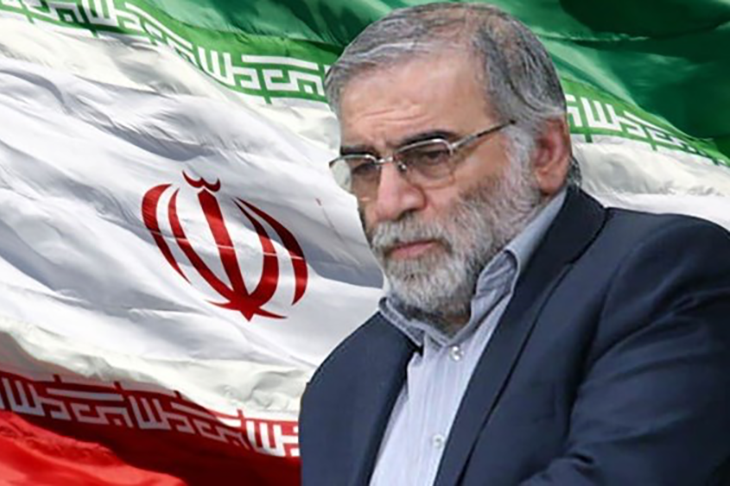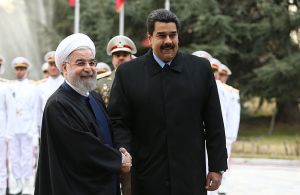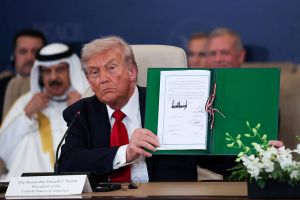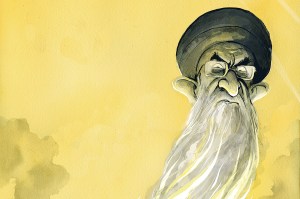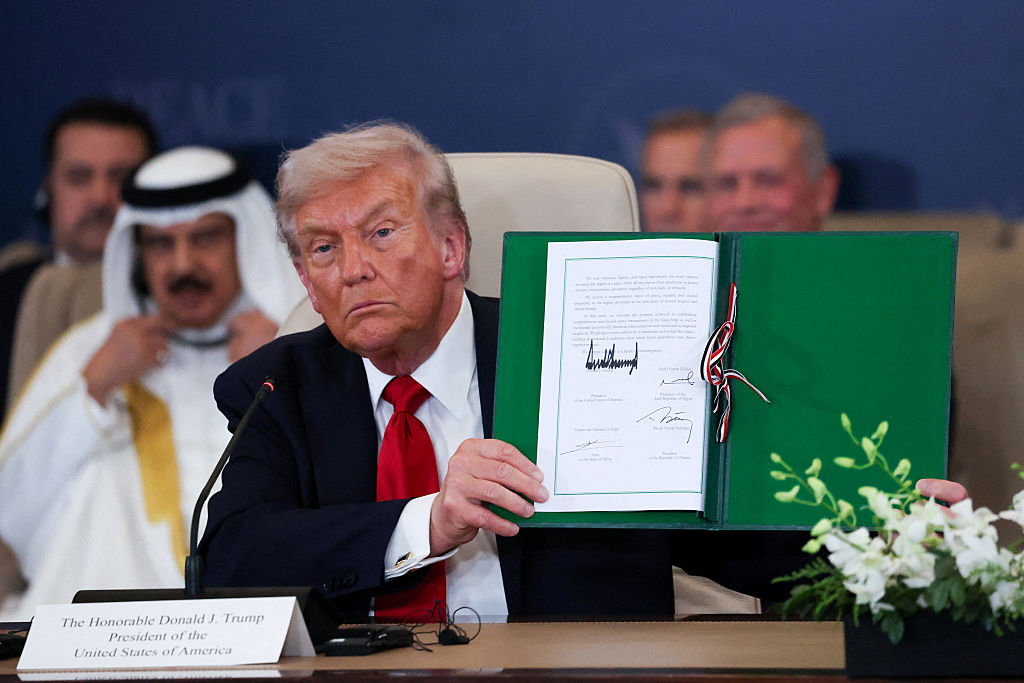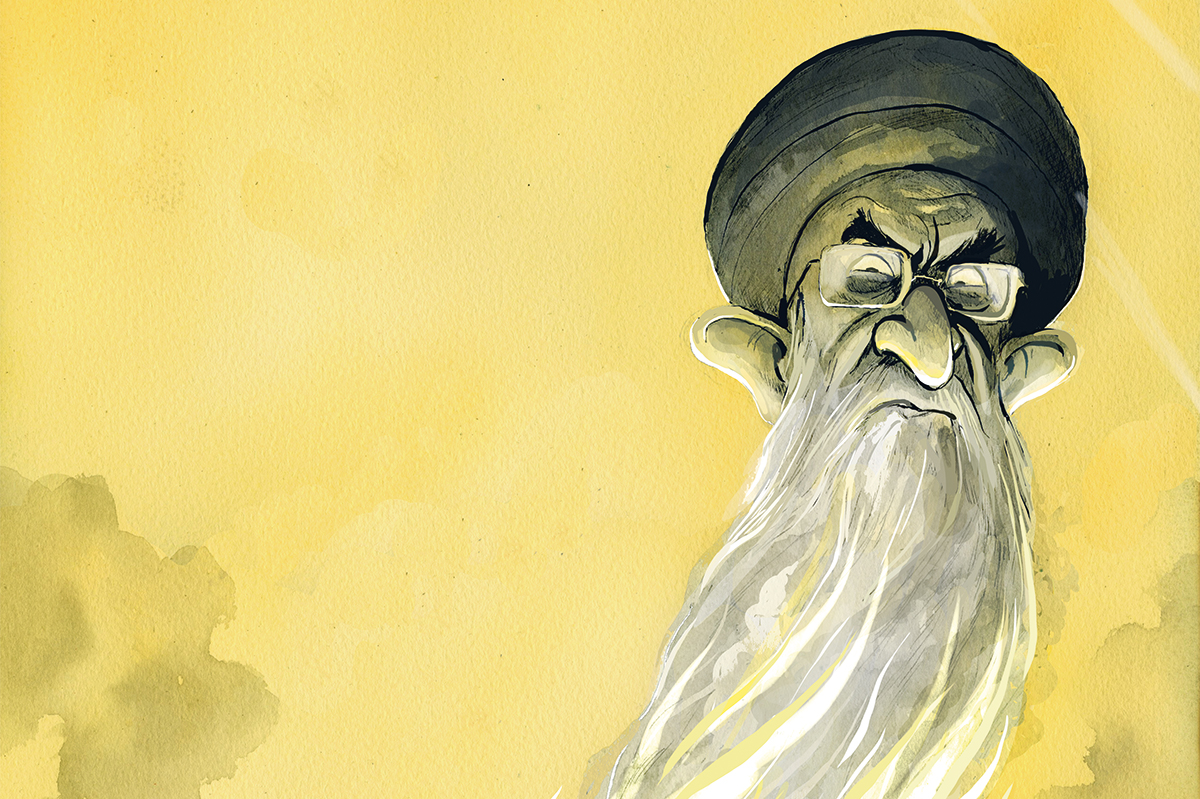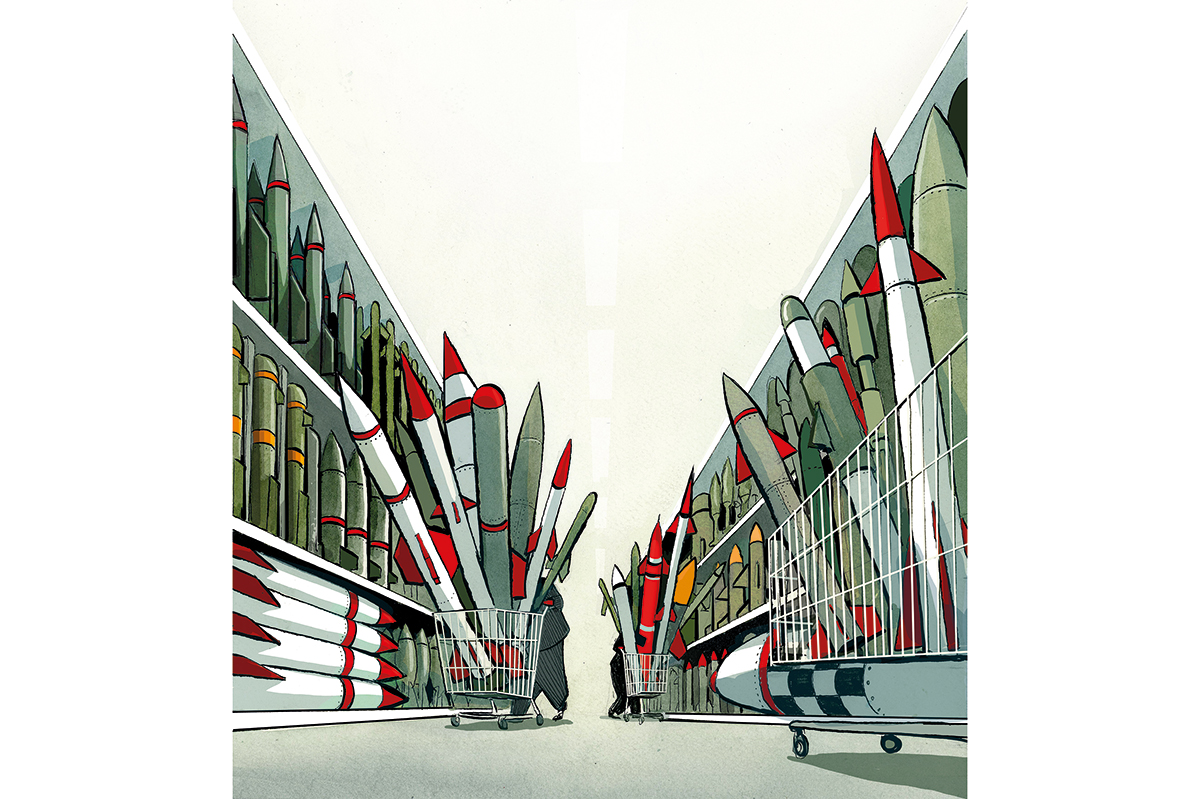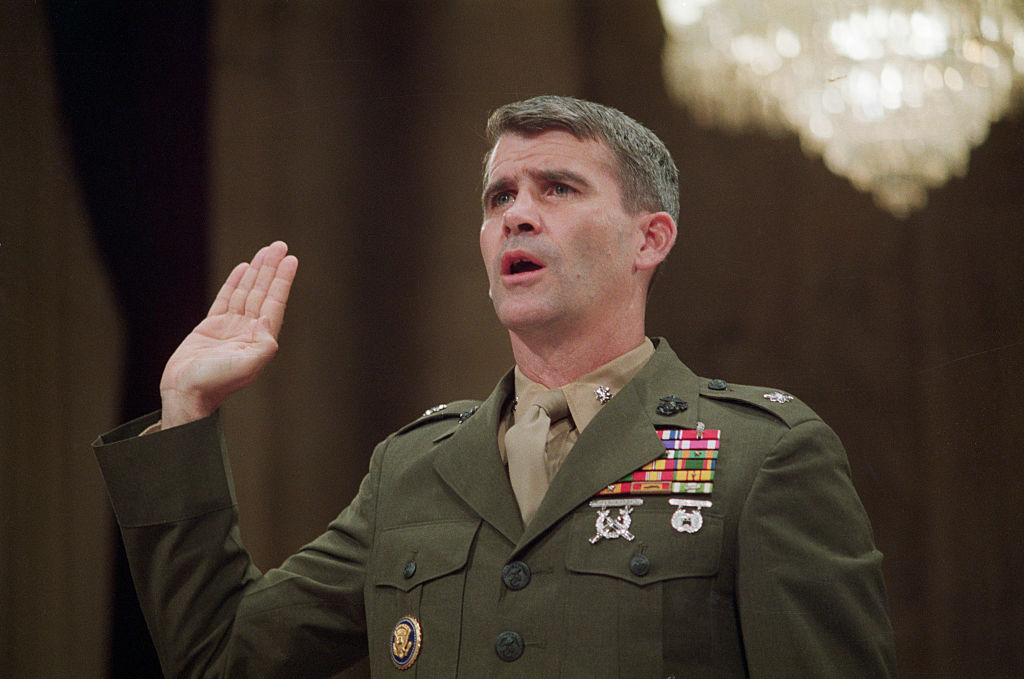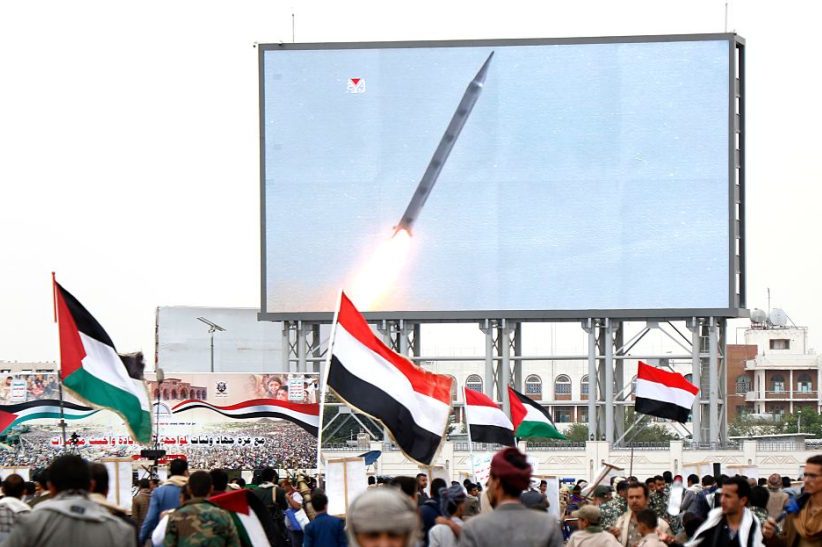On Friday afternoon someone assassinated yet another scientist working on Iran’s nuclear program. Mohsen Fakhrizadeh headed up the ministry of defense’s research and innovation organization, and he was ambushed and killed in his car just east of Tehran, by gunmen who opened fire on him and his bodyguards.
I’ve been writing about Iranian nuclear scientists getting whacked for almost a decade now, with my book on Iran’s nuclear program published in an updated edition this month. It appears that another cycle of nuclear violence is starting once again — and Fakhrizadeh is the most important hit yet. He genuinely was at the heart of the Iran’s nuclear ambitions. Indeed, in 2018 Israeli prime minister Benjamin Netanyahu singled him out in a public presentation on Iran’s nuclear program. ‘Remember that name,’ he told his audience. An injunction someone clearly took to heart. The Americans, too, had Fakhrizadeh’s number. In 2015 the New York Times described him as the ‘closest thing Iran has to J. Robert Oppenheimer, who guided the Manhattan Project to develop the world’s first nuclear weapon.’
The Iranians are reacting accordingly to his death. ‘Terrorists murdered an eminent Iranian scientist today,’ tweeted foreign minister Mohammad Javad Zarif. ‘This cowardice — with serious indications of Israeli role — shows desperate warmongering of perpetrators Iran calls on int’l community — and especially EU — to end their shameful double standards & condemn this act of state terror.’
That the Israelis popped him is a given. They’ve been doing this for a decade and the MO is always pretty much the same. And besides, no one else does targeted assassinations quite like this in the region. Of course, it’s not Mossad agents on the ground. For the actual wet work Israel tends to use the Iranian opposition group, the People’s Mujahedin Organization of Iran, or the Mujahedin-e-Khalq, a cult-like organization that fought with Saddam during the Iran-Iraq War.
Iranian state media has picked up the baton and is now also in overdrive. Everywhere you look there are pieces blaming Israel, with Iranian Supreme Leader Ali Khamenei vowing to ‘punish’ the ‘masterminds’ of the hit, and reports of President Rouhani promising imminent retaliation. More than this, Fakhrizadeh’s face now adorns the many martyrdom images and memes now flooding Iranian online spaces.
This in itself is significant. The Iranians have, in the past, chosen to play down the importance (and therefore the success) of these killings. Here they’re doing the opposite — and it’s a very tricky situation for them. Iran’s nuclear program is only as good as the strength of its human capital. That capital is good, but it is also, as we have just been reminded, fragile.
It’s not just that the regime has allowed several of its scientists to get killed, it’s that they’ve been killed in such similar ways: in their cars on the street; with magnetic bombs slapped on by passing motorcyclists; by gunshots or now, possibly, a combination of both. If I were an Iranian nuclear scientist, I’d be asking a simple question: if you can’t protect Fakhrizadeh how are you going to protect me?
[special_offer]
The other question is why Fakhrizadeh was killed now? To answer this we must look to wider politics. Despite Donald Trump’s continuing protests, on January 20 Joe Biden will become the 46th president of the United States. Biden has always been a foreign policy guy, and in the various European and Middle Eastern capitals I frequent, there are many people who are keen to see if his ascension to the White House will see the US return to the wider world — especially the Middle East. Some of these people are Israeli.
And here’s the rub. Some say that Israel may have struck now as it had a final window under Trump. Biden, it is thought, might not be so accommodating to this sort of stuff. I’m not so sure. Israel would almost certainly seek a US greenlight to kill a major politician or general. That’s not so for almost anonymous nuclear scientists. Rather, it seems to me that someone somewhere has relayed a simple message: administrations may change, security concerns do not.
For their part, the Iranians have made clear that they will not divorce this killing from their nuclear position. When Biden restarts negotiations over the Iran deal (which Trump abrogated in 2018) — and he will have no choice but to do so — expect the Iranians to shout and scream about Fakhrizadeh. Biden may only take power next year, but in the Middle East, his term has already begun.
This article was originally published onThe Spectator’s UK website.



